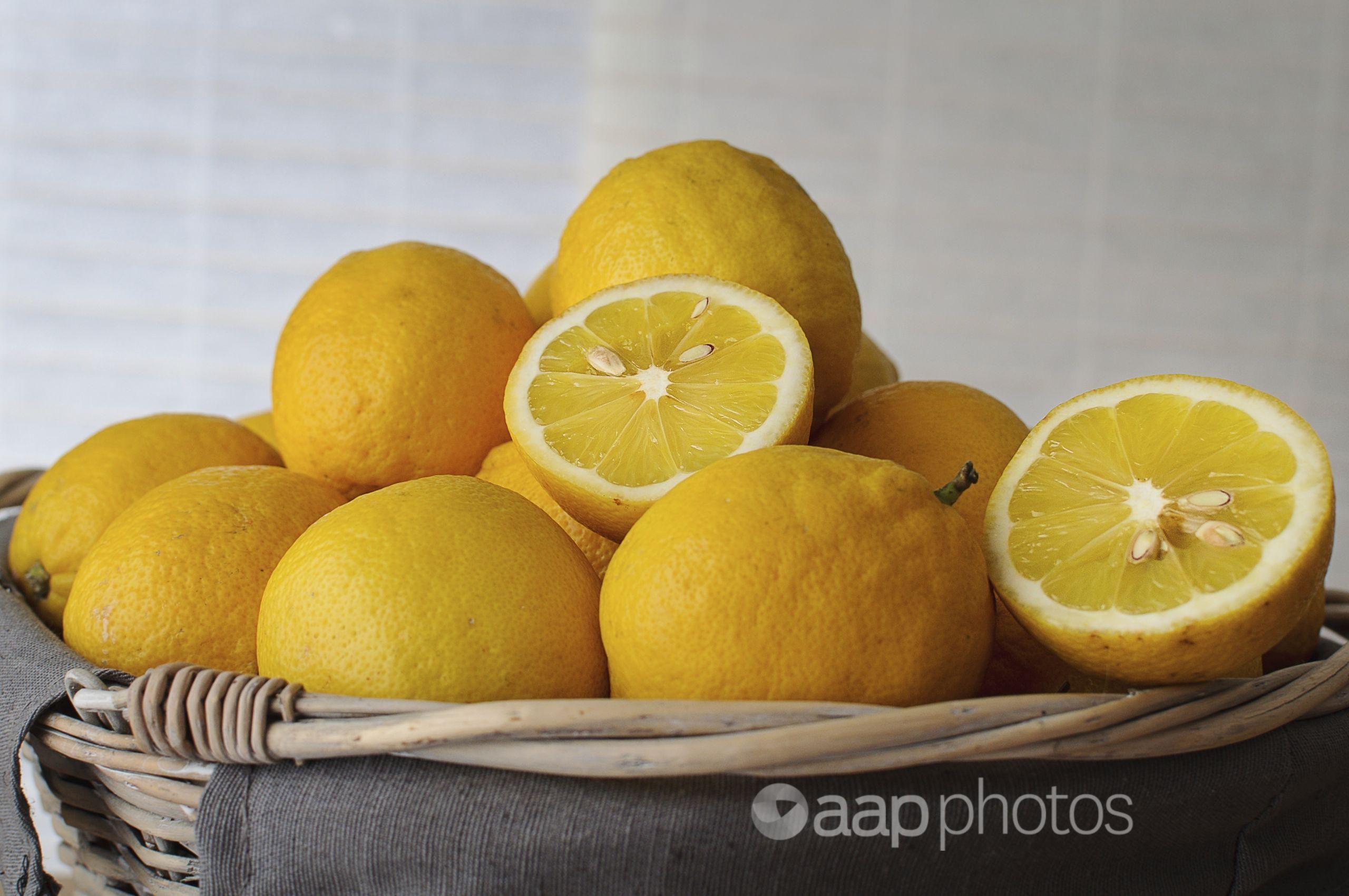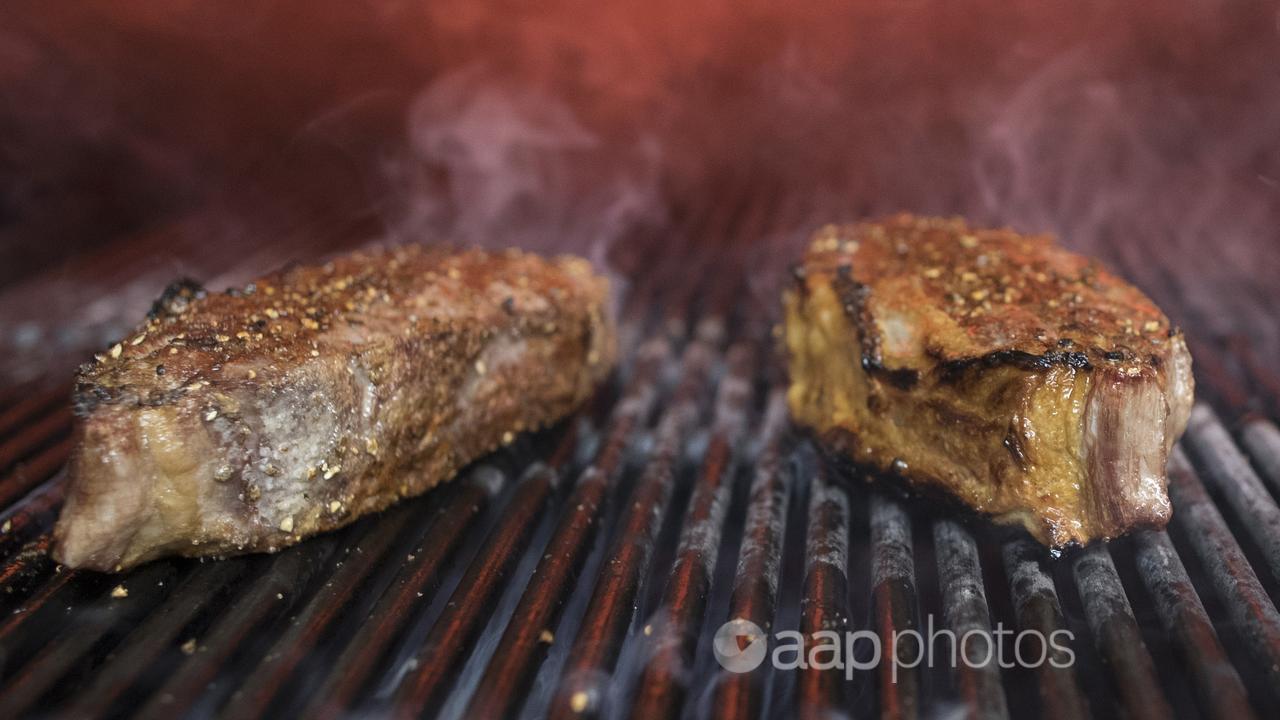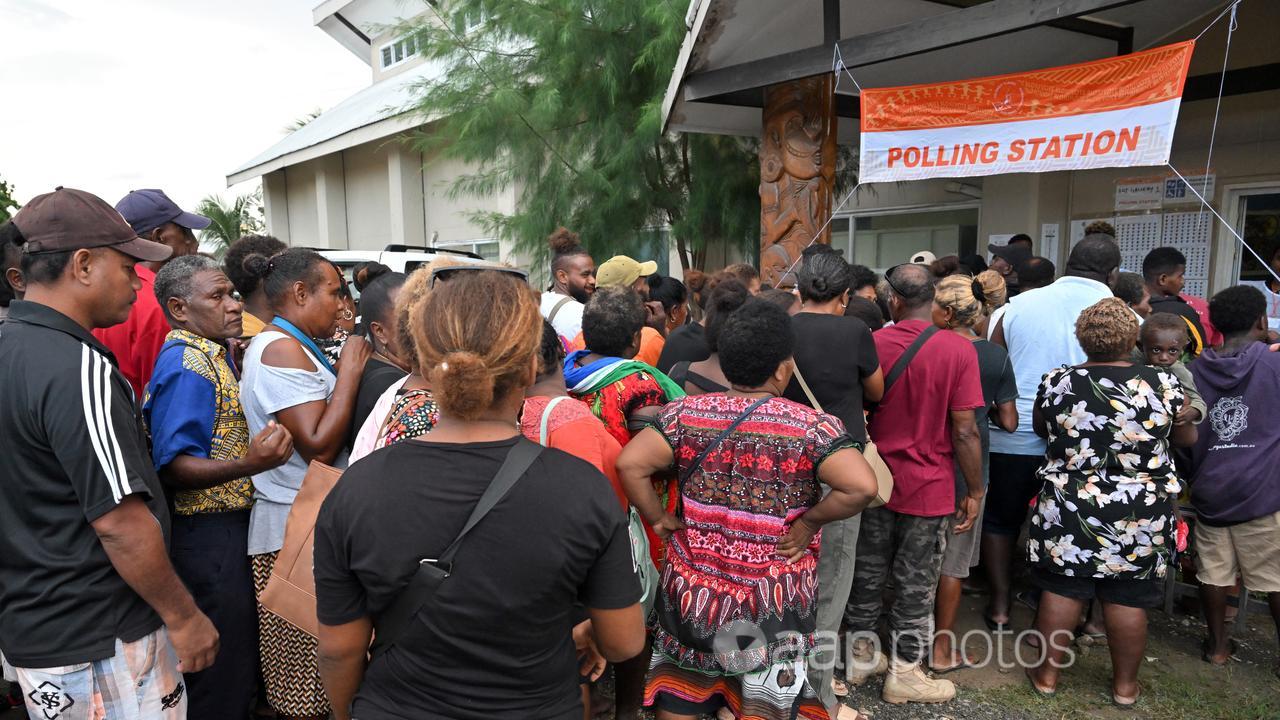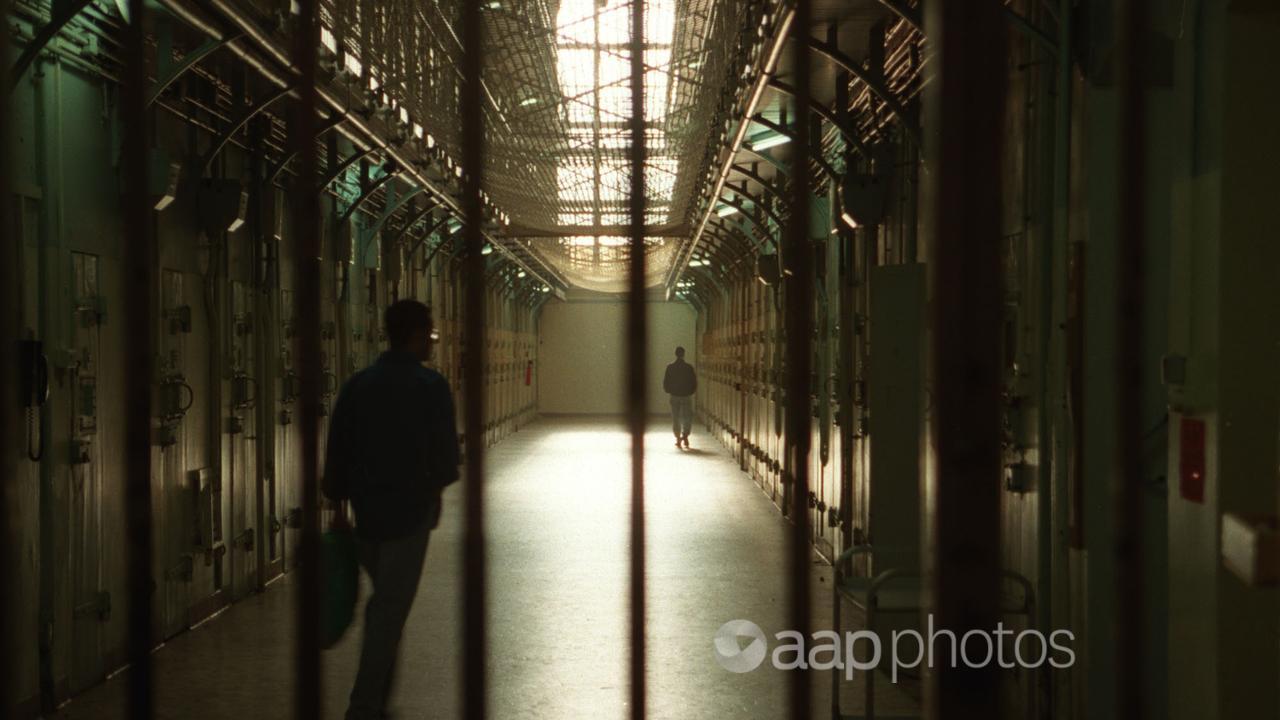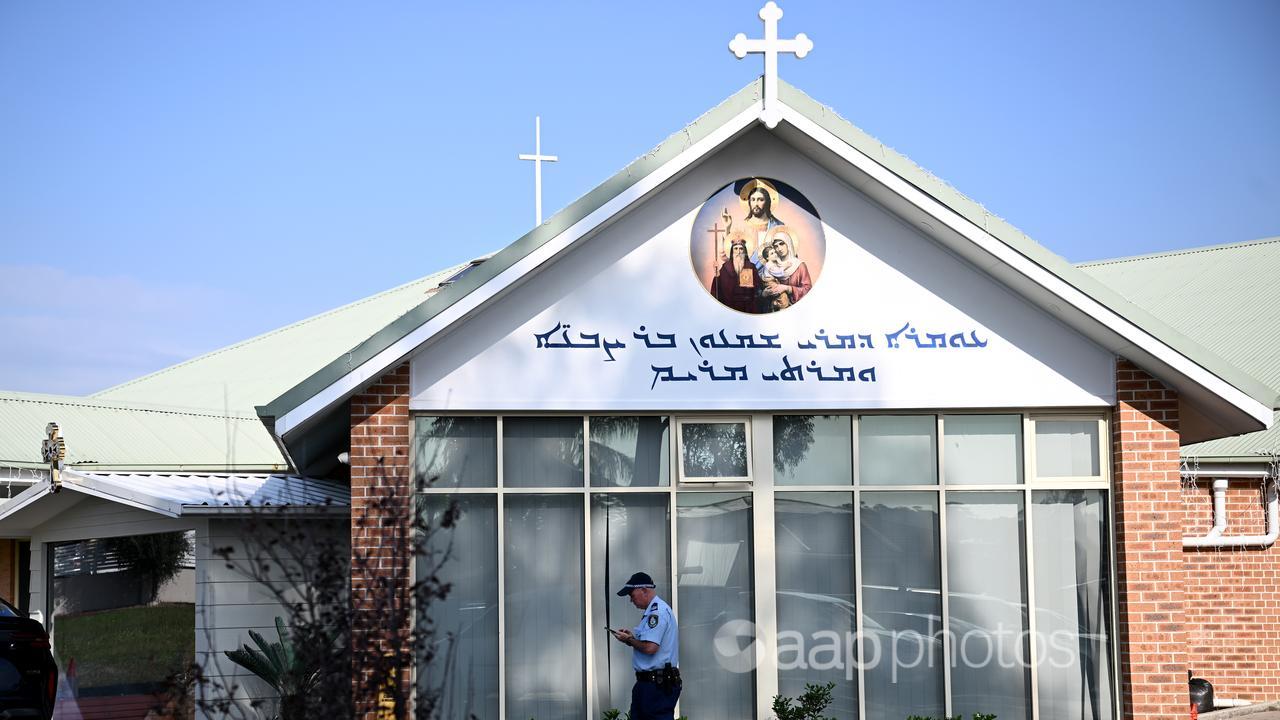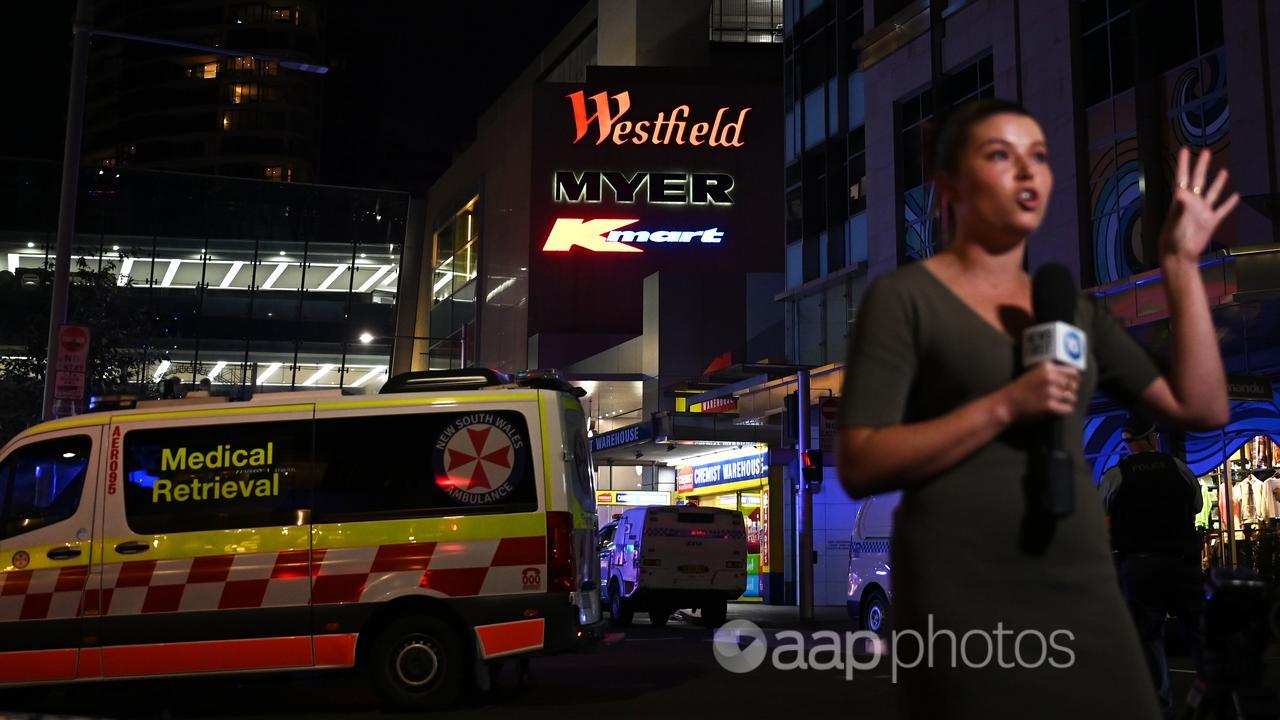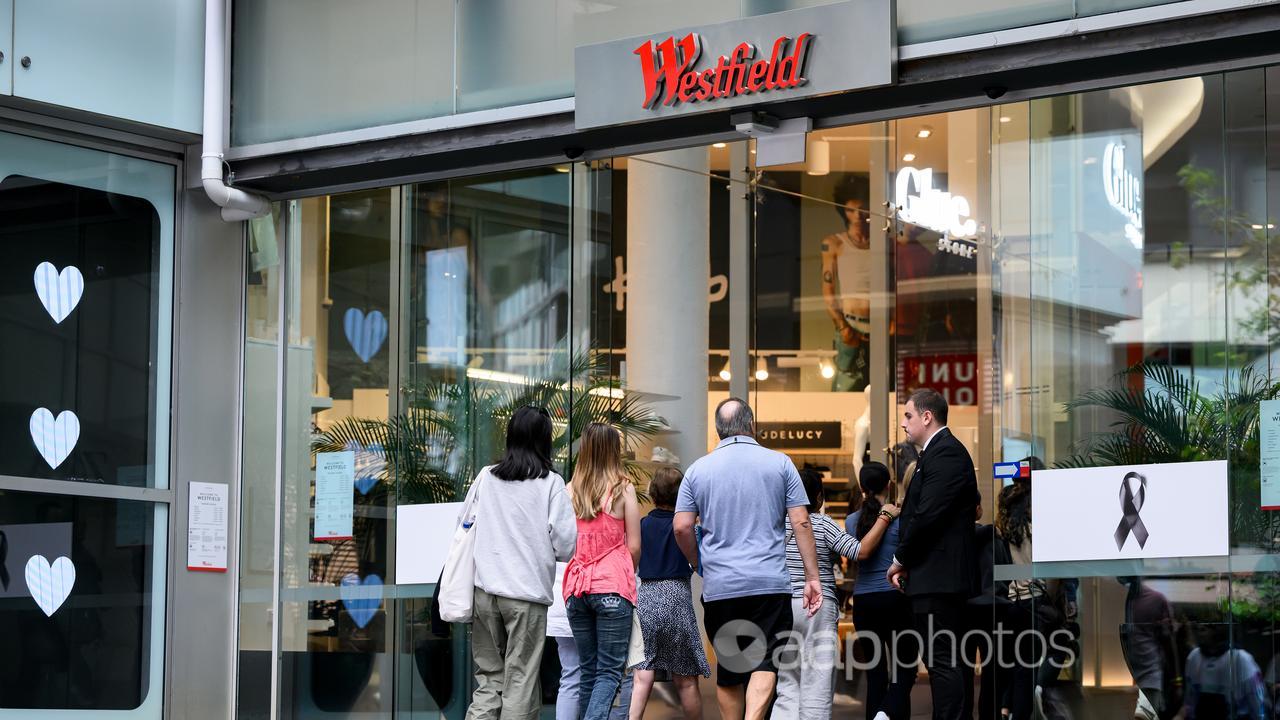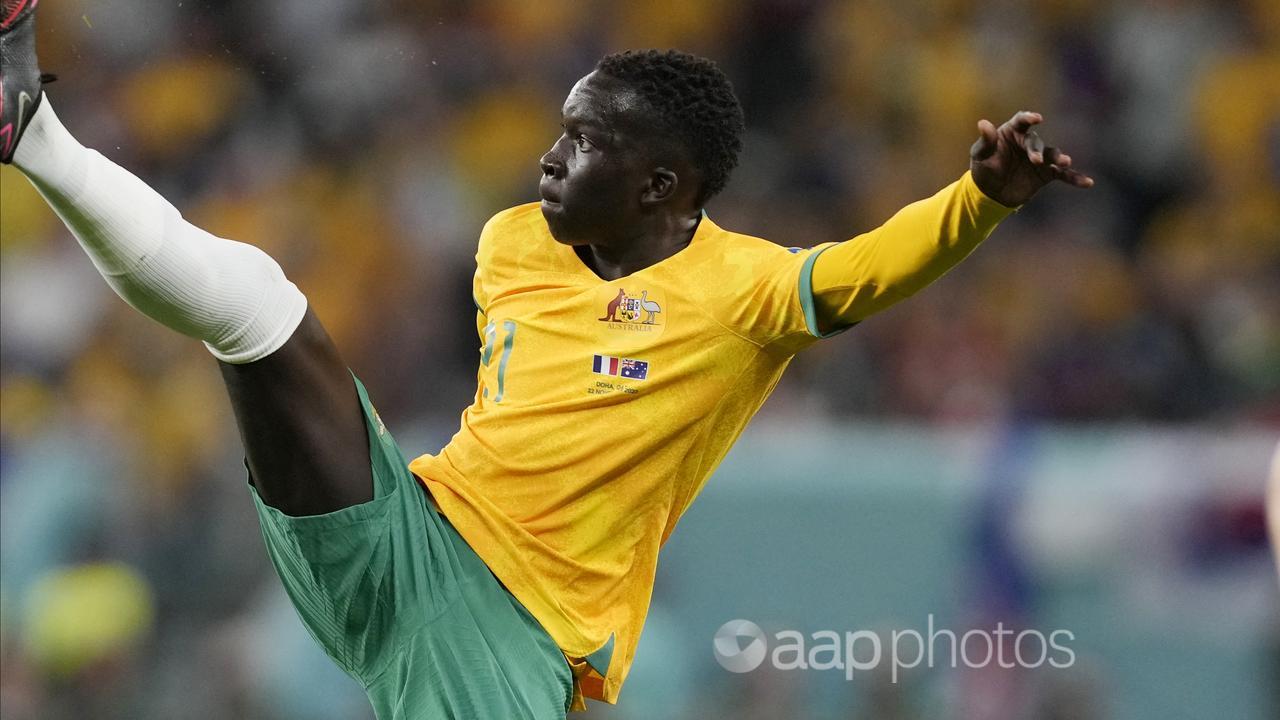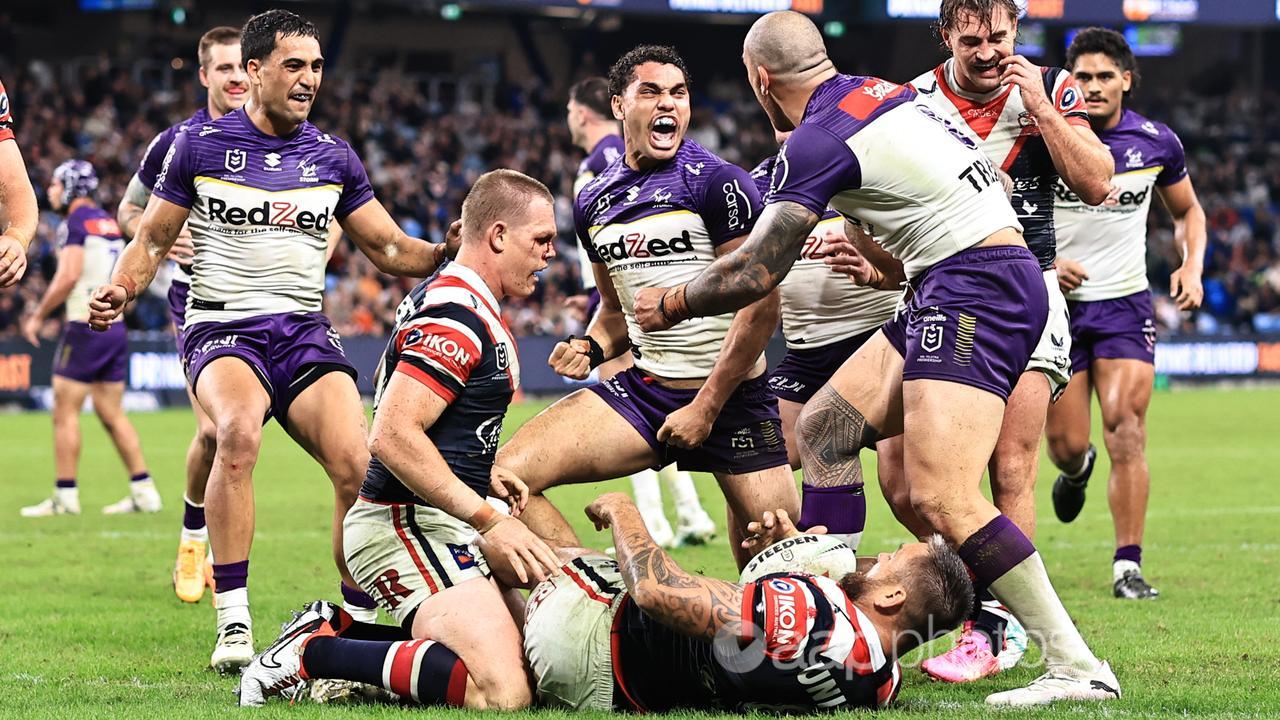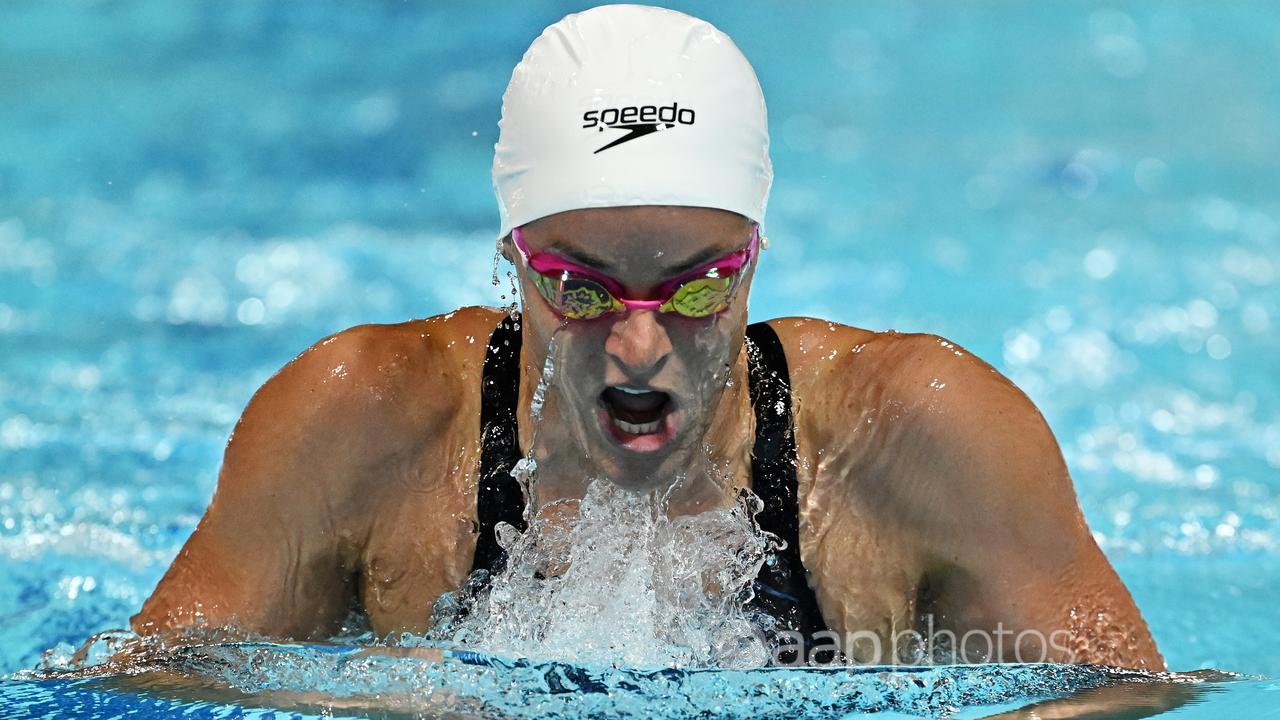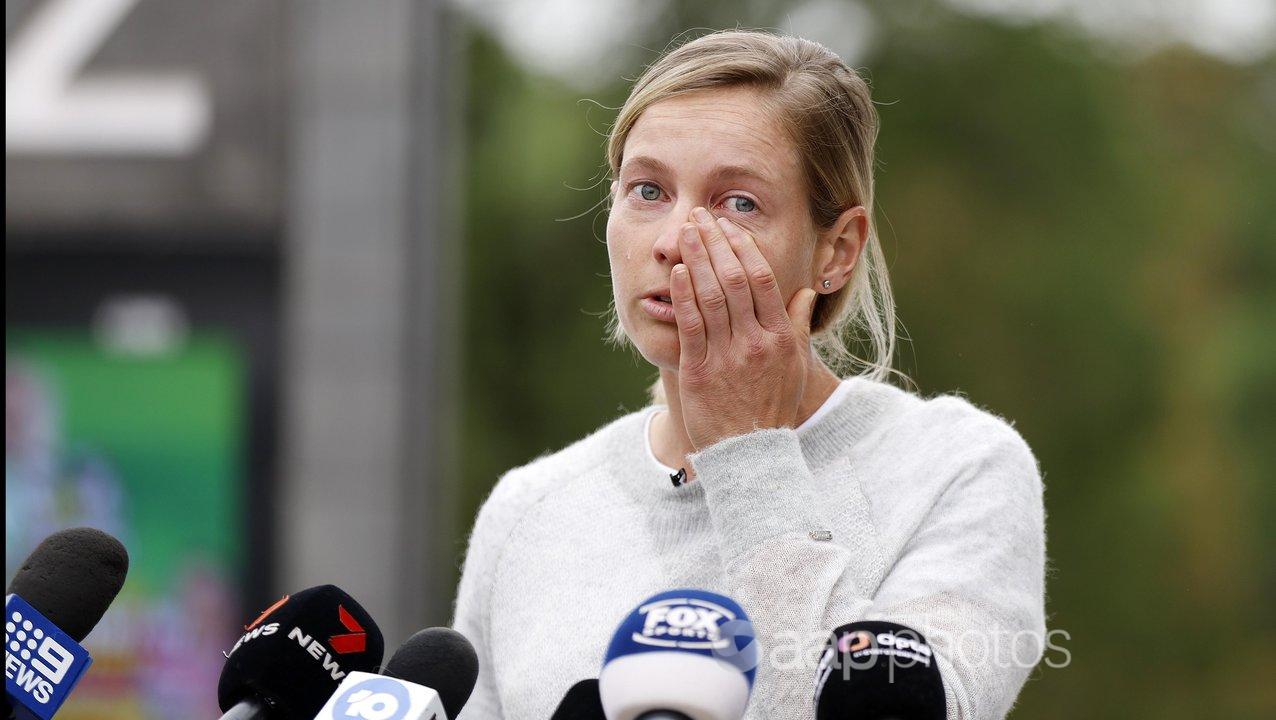The Statement
Social media users in Fiji and Vanuatu continue to share a year-old Facebook post claiming there have been no COVID-19 deaths in Israel because residents drink a “tea” concocted from hot water, lemon juice and baking soda.
The March 2020 post, shared as recently as April 10, 2021, is headed: “IN ISRAEL NO DEATH (sic) FROM C-19!*” It goes on to claim that the “cure” for COVID-19 and the way to “eliminate it” comes from Israel, where “this virus did not cause any death”.
It says the “simple” cure involves mixing lemon and bicarbonate to “drink as hot tea every afternoon”, adding: “The action of the lemon with hotter baking soda immediately kills the virus completely eliminates it from the body. These two components alkalize the immune system, since when night falls the system becomes acidic and defenses lower”.
“That is why the People of Israel is (sic) relaxed about this virus,” the post continues.
“Everyone in Israel drinks a cup of hot water with lemon and a little baking soda at night, as this is proven to kill the virus. I share it with all my family and friends so that none of us get the virus.”
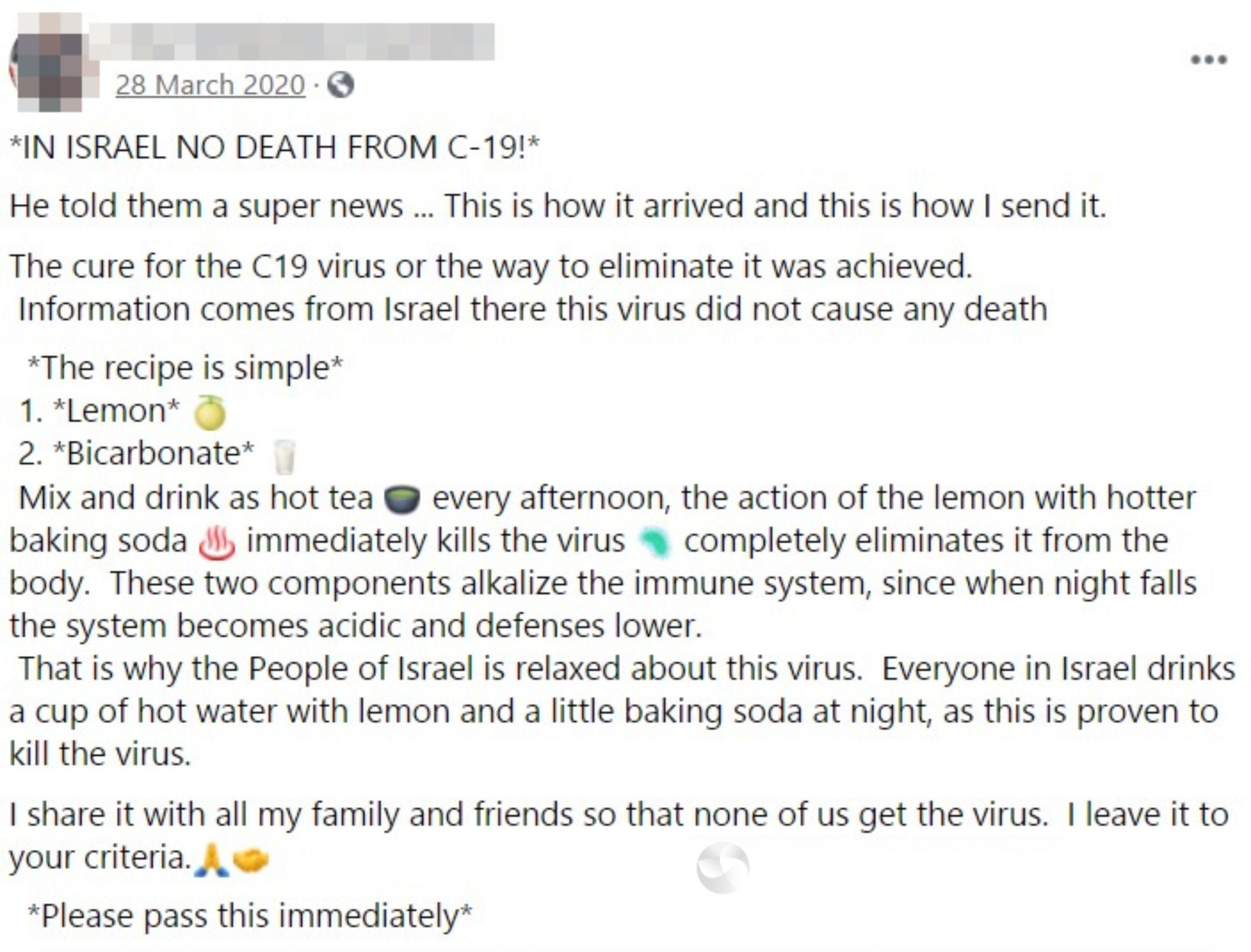
The Analysis
As COVID-19 immunisations continue to be rolled out globally, rare side effects linked to the AstraZeneca vaccine have spooked some Pacific Island residents into rejecting the treatment.
However, there is no evidence to support the use of the post’s recommended “hot tea” cocktail — while its claim of no coronavirus deaths in Israel is demonstrably false.
As of April 19, data from the World Health Organisation (WHO) showed 6,338 COVID-19 deaths in Israel, while Johns Hopkins University of Medicine provided a similar tally.
The claim was also not correct on the date the post was first circulated, March 28, 2020. WHO figures showed 12 COVID-19 deaths had been recorded in Israel at that time.
Similar “cures” involving hot water and lemon to treat COVID-19 have been widely debunked, including here, here, here and here, while the WHO says there is no scientific evidence that lemon prevents COVID-19.
But what if baking soda, also known as sodium bicarbonate, is added to the mix? A related concoction involving baking soda and lemon but no hot water was also floated as a treatment in March 2020. As in the post, it was tied to the wider theory that raising the alkalinity of a person’s diet could help with conditions such as arthritis and cancer.
However, the theory has been given short shrift by organisations such as the American Institute for Cancer Research.
The institute told Reuters: “The studies finding that cancer cells thrive in an acidic environment were done in a laboratory setting. It would be nearly impossible to alter the cell environment to create a less-acidic environment in our bodies. For example, the stomach is very acidic for proper digestion, so we wouldn’t want it more alkaline.”
A 2013 Cambridge University article said that “advocating the consumption of alkalinising foods or supplements and/or removing animal protein from the human diet is not justified by the evidence accumulated over the last several decades”.
AAP FactCheck asked an expert in pharmaceutical chemistry to assess the claims of the Facebook post regarding a baking soda-lemon “hot tea” mix, as well as the theories around diet alkalinity.
Nial Wheate, an associate professor at the University of Sydney’s Pharmacy School, said it was impossible for a lemon and bicarbonate drink to prevent or cure COVID-19.
“The explanations provided for how such a drink is meant to work is a mish-mash of scientific terms that contradict each other and doesn’t make logical sense,” he said.
“The premise is that our immune system becomes acidic at night and when that happens we are susceptible to the virus. Fixing the acidity therefore is meant to boost our immune system so it can effectively fight off the virus.”
But Dr Wheate said the science did not back up this claim.
“Lemon and lemon juice is itself acidic, so drinking it can only increase the acidity of something, not lower it,” he said.
“The pH of lemon juice is around 2 (neutral is a pH of 7). If you dilute lemon juice, as you would in the drink described, then the pH would come closer to neutral but still stay acidic.”
The pH of the stomach was already around 2-3, so lemon juice would have little effect, he explained.
“Drinking any acidic drink (or basic/alkaline drink) can’t affect the pH of blood serum unless the person drinks huge quantities (litres and litres of it),” Dr Wheate said.
He also pointed out that bicarbonate was likely to react with lemon juice to neutralise it.
“Depending on how much lemon you add to bicarbonate and which one is in excess, the drink could be acidic, neutral, or alkaline (basic). It would only be alkaline if the bicarbonate were in excess to the lemon juice,” he said.
Dr Wheate said rather than helping people, drinking the mixture was likely to put them more at risk.
“Overall, there is no scientific basis to lemon and bicarbonate being able to protect people from COVID-19, and people should stop spreading this misinformation on the internet,” he said.
The Verdict
There is no evidence that drinking a mix of lemon juice and sodium bicarbonate kills COVID-19. An expert told AAP FactCheck the claim and related theories about the power of an alkaline diet to cure the virus had no basis in fact.
The post also falsely claims there have been no COVID-19-linked deaths in Israel.
False – Content that has no basis in fact.
* AAP FactCheck is an accredited member of the International Fact-Checking Network. To keep up with our latest fact checks, follow us on Facebook and Twitter.
All information, text and images included on the AAP Websites is for personal use only and may not be re-written, copied, re-sold or re-distributed, framed, linked, shared onto social media or otherwise used whether for compensation of any kind or not, unless you have the prior written permission of AAP. For more information, please refer to our standard terms and conditions.

